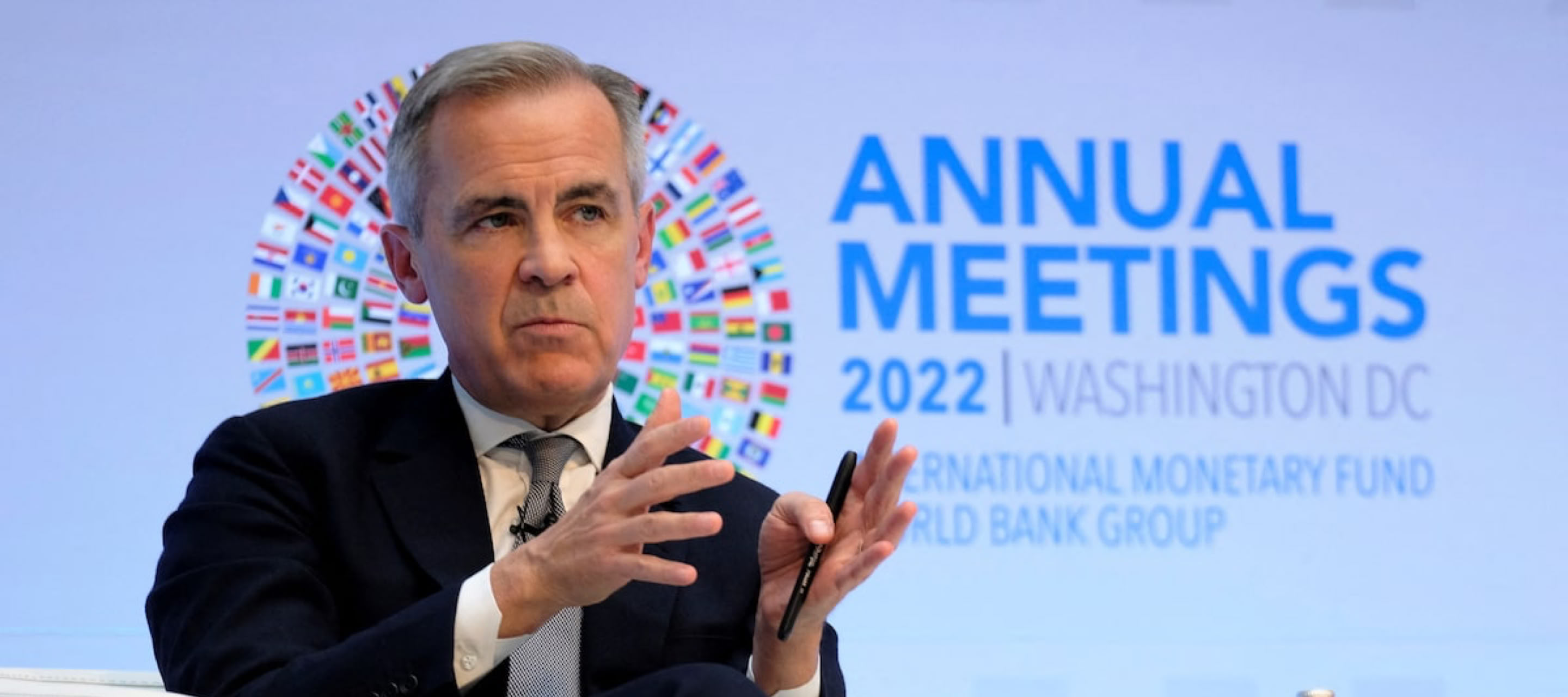Power To The People
2025-07-22

Howard Levitt is senior partner of Levitt LLP. He practises employment law in eight provinces and is the author of six books, including the Law of Dismissal in Canada.
In an article Mr. Levitt performs a hypothetical assessment of Mark Carney as if he were applying for the CEO position of a company. Mr. Levitt, a very experienced professional, makes several observations about the true nature of the man who is now the Prime Minister of Canada.
And no, he would not hire him!
Canada is a parliamentary democracy. When we vote, we don’t actually elect a Prime Minister—we elect Members of Parliament (MPs) to represent our local ridings. Yet once Parliament is formed, real power quickly concentrates in the hands of the Prime Minister and the Cabinet.
This creates a paradox. On paper, Parliament is supreme. In practice, the Prime Minister’s Office (PMO) sets the agenda, appoints key officials, and directs the Cabinet. Strong party discipline means government MPs almost always vote with their leader, reinforcing the centralization of power.
Some compare the Prime Minister to the CEO of Canada, but the analogy only goes so far. A CEO answers to a board of directors and focuses on shareholder returns. A Prime Minister must command the confidence of Parliament, manage competing regional and cultural interests, and uphold the Constitution. Unlike a CEO, a PM cannot simply issue directives; they must navigate politics, public opinion, and the rule of law.
This is why a Prime Minister—even one with business or financial expertise—needs more than managerial skills. Running a country requires the ability to balance short-term political pressures with long-term national stewardship. It demands diplomacy, coalition-building, and the legitimacy that comes from representing all Canadians, not just shareholders.
In the end, Canada’s parliamentary system gives us representation through our MPs, but it is the Prime Minister who wields the most influence. That makes the qualifications of the person in the role matter far more than their résumé alone.
Observations of his leadership so far leads me to conclude, Mark Carney lacks qualities that I believe are important for a Prime Minister.
When he removed the consumer carbon tax (or at least its consumer-facing component) by order in council early in his premiership, he cited it was “divisive.” Some critics argue that decision could alienate voters who see climate policy as non-negotiable, or that removing components of such policies without a robust consultation risks backlash.
His immigration/taxation plans have sometimes been criticized for underestimating or excluding certain groups (e.g. “economists warn” that Carney’s immigration plan may be “marred by undercounting of temporary migrants”).
He has doubled down on the EV mandate target in the face of industry realities.
If Carney was a Canadian CEO, his best defence would be that his deceptions were discovered before he was elected. But that runs against another strong theme of employment law, which is that a CEO can be dismissed without severance if they are found to be dishonest, particularly if they lie to obtain the position.
Having integrity, being respected and serving as a role model is so fundamental to the role of a CEO that the absence of such traits, even if discovered unrelated to the employment, can be cause for discharge without severance speaks the truth.”
…Howard Levitt
Canadians have now seen Mr. Carney in action as their Prime Minister.
Not a surprise he is unqualified to be PM and even fails as a CEO.